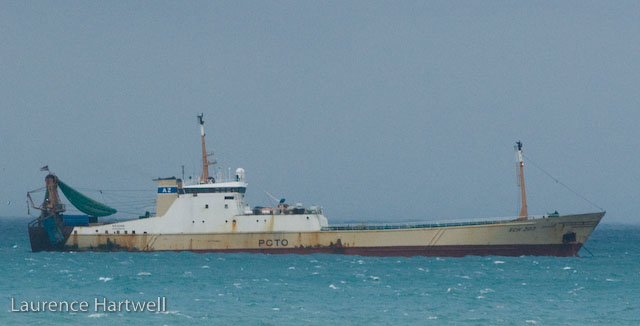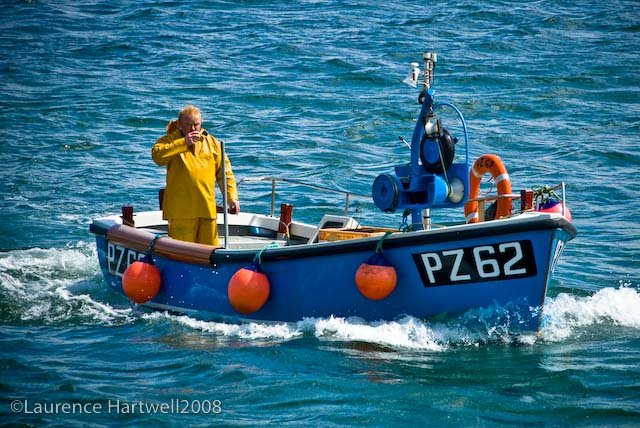ENGLAND rugby star and Newlyn boy Jack Nowell has lent his support to the campaign to build a new Penlee lifeboat station.
The sportsman visited the current station in Newlyn last week and learnt about the work of the crew as well as the ambitious plans for a new £850,000 station.
He joined RNLI volunteers to launch the campaign, backed by The Cornishman, which aims to raise £200,000 towards the cost of the new building.
“It’s a huge honour and privilege to be asked to support the Penlee Lifeboat Station appeal,” he said.
“I grew up in Newlyn and the volunteers at the station are my friends, so I’ve always supported the charity.
“The lifeboat station is right at the bottom of my garden. I remember me and my brothers watching the lifeboat go out through the harbour when we were younger and wondering where they were going. We’d always try and find out afterwards what had happened and who the crew had saved.”
English rugby player Jack Nowell pays a visit to Penlee lifeboat station to show his support for their new fundraising appeal. Jack grew up in Newlyn and could see the lifeboat launching from the station from his window.
The sportsman visited the current station in Newlyn last week and learnt about the work of the crew as well as the ambitious plans for a new £850,000 station.
He joined RNLI volunteers to launch the campaign, backed by The Cornishman, which aims to raise £200,000 towards the cost of the new building.
“It’s a huge honour and privilege to be asked to support the Penlee Lifeboat Station appeal,” he said.
“I grew up in Newlyn and the volunteers at the station are my friends, so I’ve always supported the charity.
“The lifeboat station is right at the bottom of my garden. I remember me and my brothers watching the lifeboat go out through the harbour when we were younger and wondering where they were going. We’d always try and find out afterwards what had happened and who the crew had saved.”
Subject to planning, the much needed new station will be rebuilt on the site of the existing boathouse in Newlyn Harbour.
Proposals would see a new building twice the size of the current one boasting improved facilities for the crew including a larger changing and shower room, dedicated mechanics workshop, larger crew room and separate training room, which could also be used by groups in the local community.
“As a professional rugby player I know just how important teamwork and training is, so a dedicated training room is vital for the crew,” said Jack whose visit to Penlee was made into a short film.
“It’s incredible the amount of training these guys do, but they need it to keep up to date with the equipment they use and so that they stay safe when out at sea. It’s really important for me to be able to do what I can to help them raise the funds needed for their new lifeboat station and help them get the facilities they deserve.”
Other proposals for the site, include a visitor attraction where Penlee’s heritage and sea safety information can be displayed.
If given the go ahead by planners, building works at the station are expected to begin in October and should take around five months to complete.
Much of the £850,000 build fund is set to be met through trusts, grants, philanthropy and corporate supporters but there are hopes £200,000 can be raised through the public fundraising campaign.
“I’d encourage everyone to get involved, support the events that are being organised or organise your own,” said Jack.
“It all helps towards that target.”
For more information and to donate to the appeal, visit the station of log on to
Show your support and donate to the appeal: http://bit.ly/15ORawA















